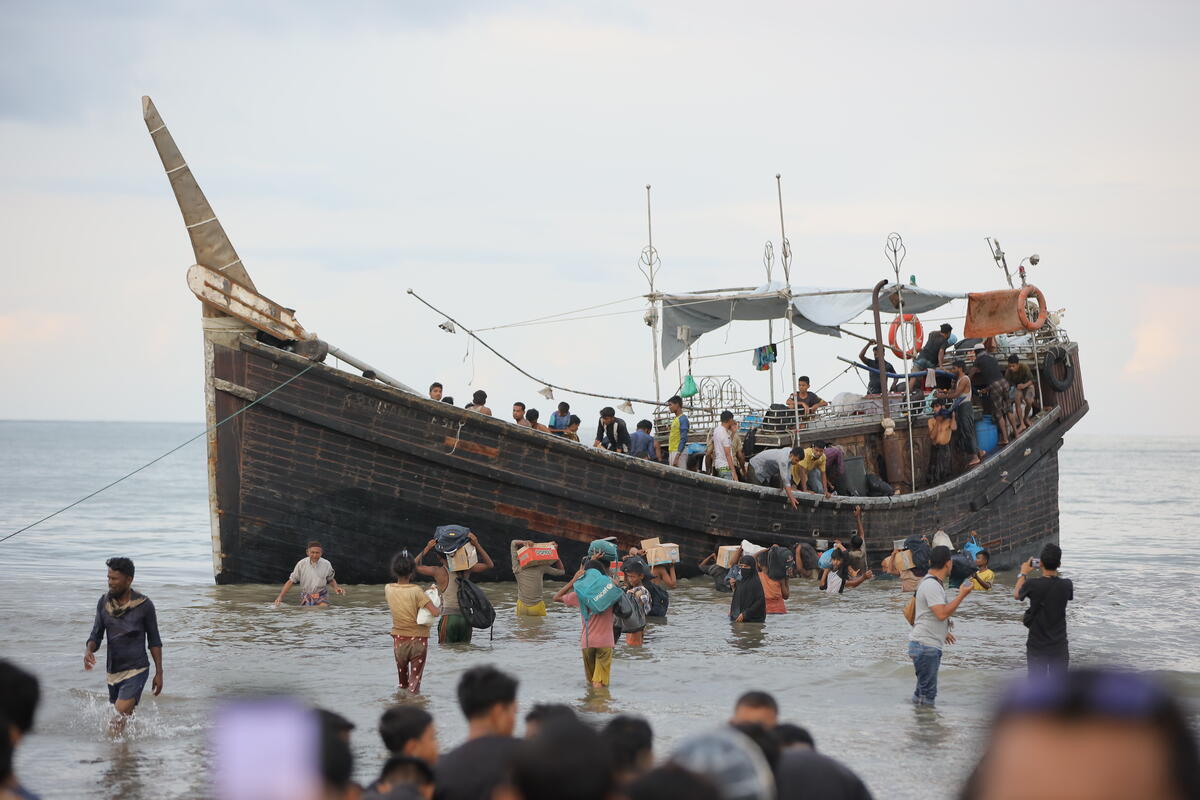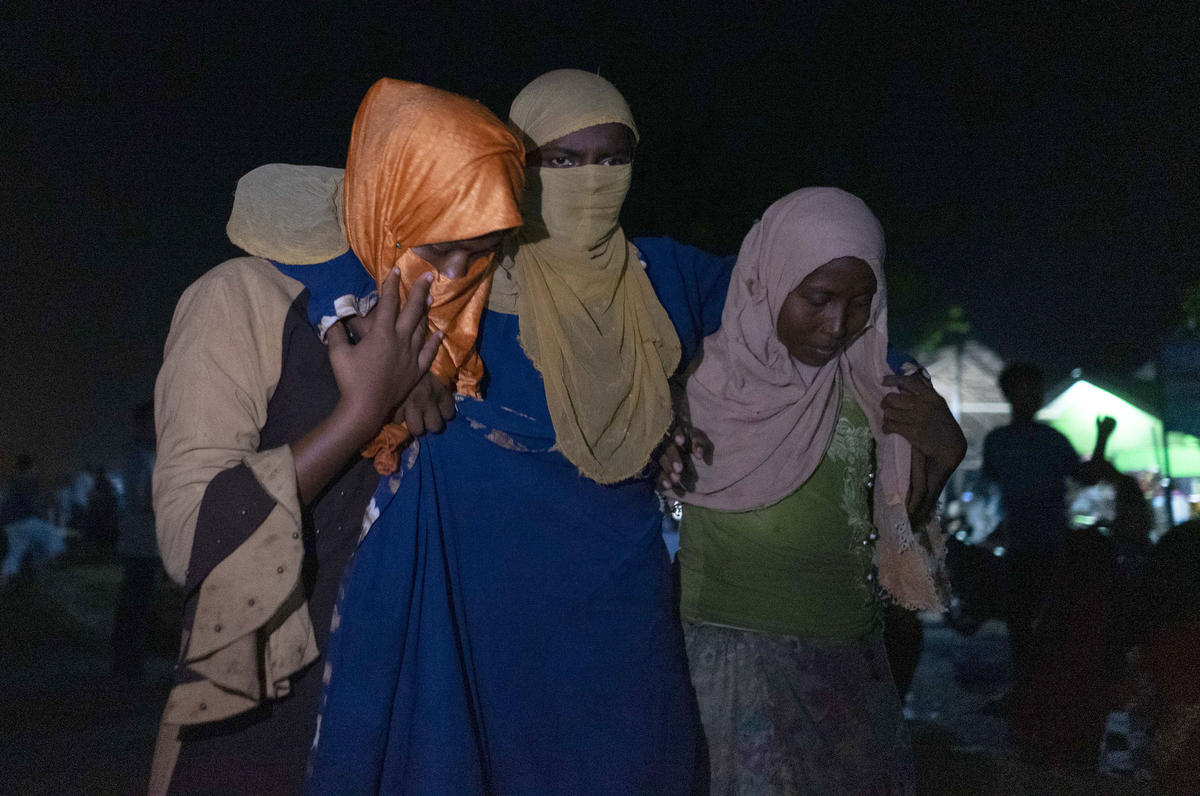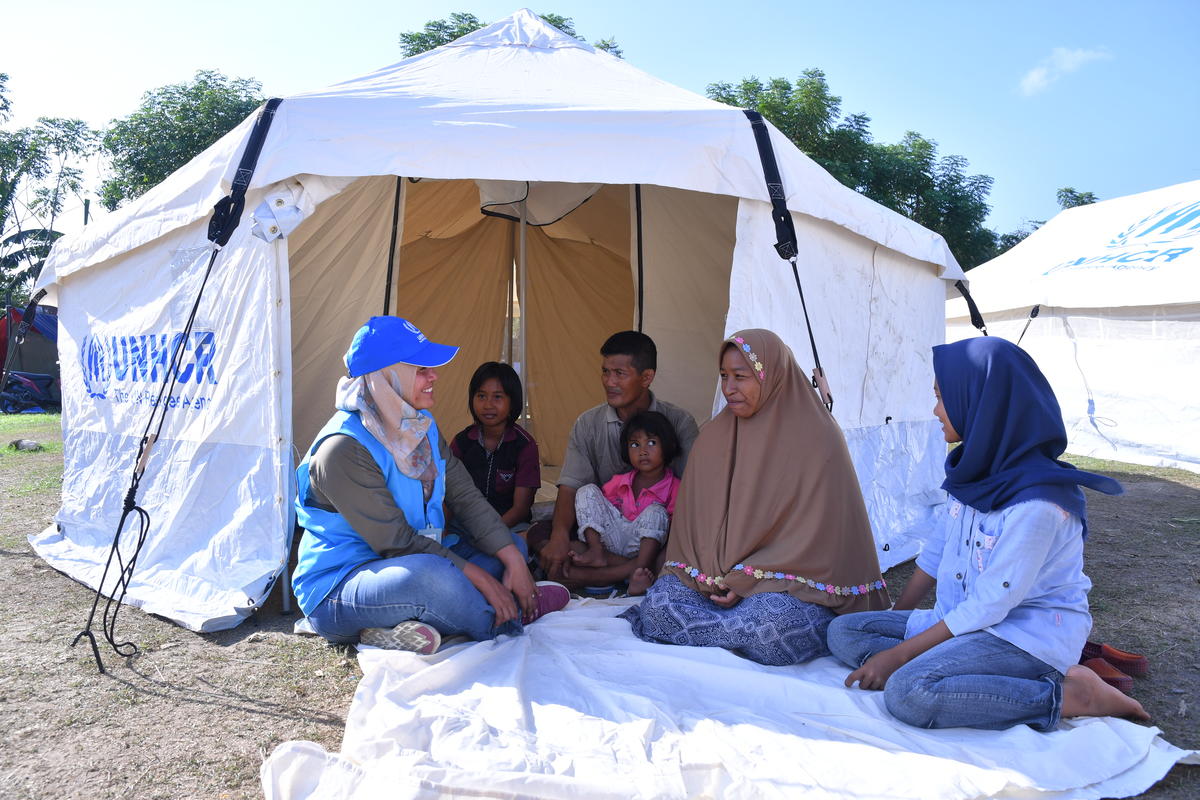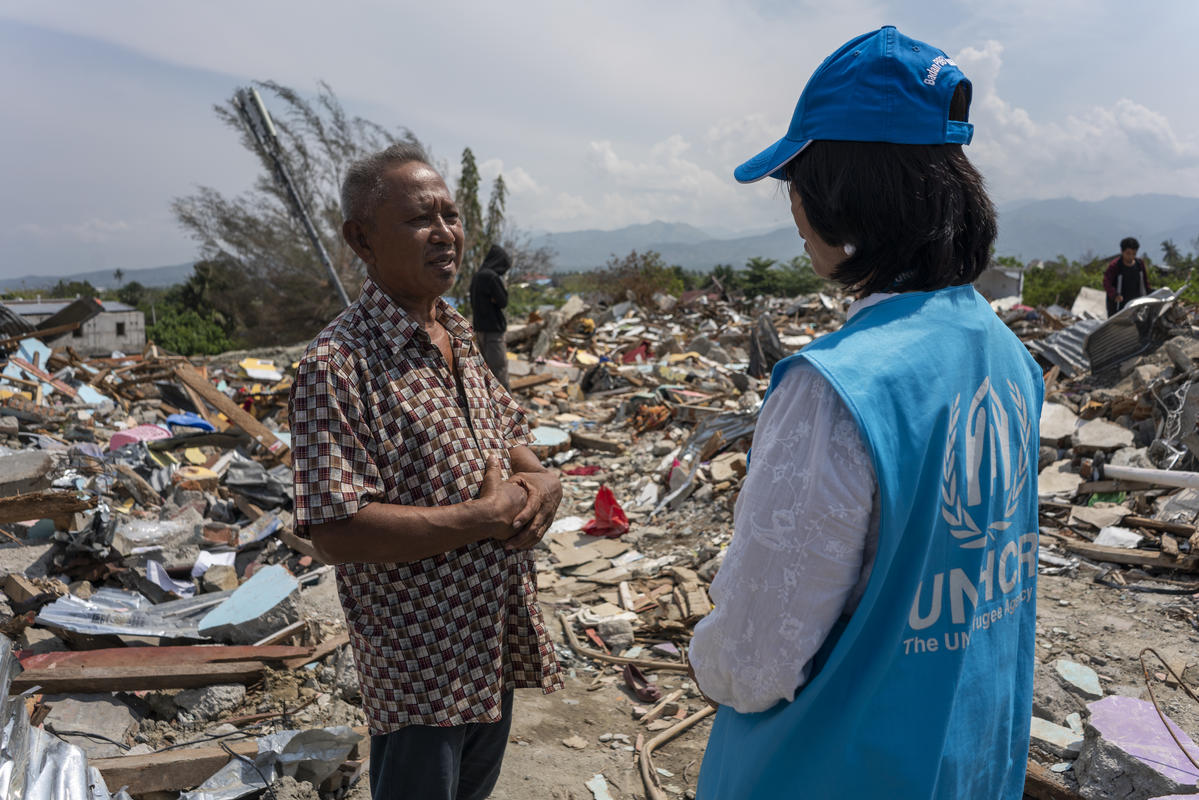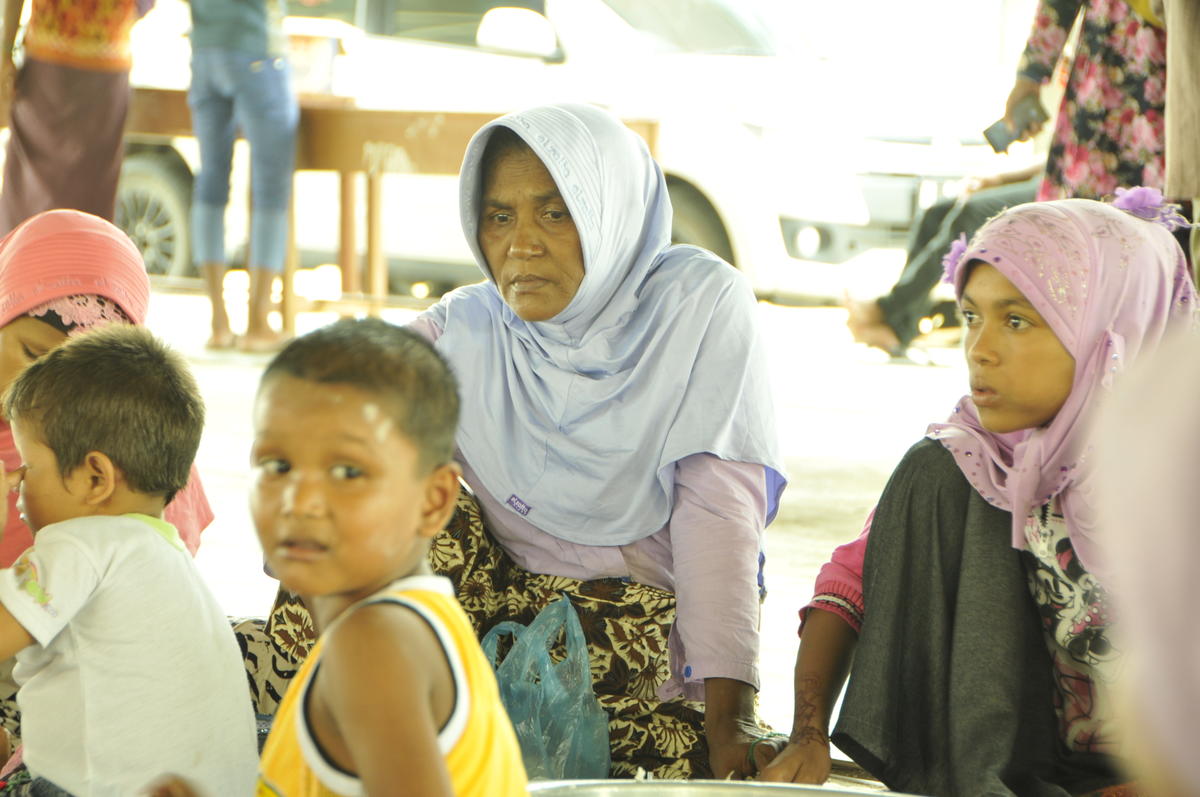UNHCR calls for concrete steps to protect refugees through Bali Process
UNHCR calls for concrete steps to protect refugees through Bali Process

BALI, Indonesia, April 2 (UNHCR) - UNHCR's top protection official on Tuesday welcomed a pledge by government ministers in the Asia-Pacific region to strengthen cooperation to manage irregular maritime movements in a protection-sensitive regional approach.
The pledge came in a statement issued at the 5th Ministerial Meeting of the Bali Process on People Smuggling, Trafficking in Persons and Related Transnational Crime. Ministers and other high-level officials from more than 40 countries in the region participated in the event on Tuesday together with representatives of the UN refugee agency, the International Organization for Migration and other groups.
Addressing the event, UNHCR Assistant High Commissioner for Protection Erika Feller noted the progress made on several fronts within the Bali Process, including the creation of the Regional Cooperation Framework and the Regional Support Office to build state capacity to respond to asylum challenges in the region. She cautioned, however, that much more remains to be done "to move beyond the language of cooperation to practical and concrete action."
She acknowledged that issues such as irregular maritime movements bring complex challenges. On the one hand, growing numbers of people are taking to the seas, risking their lives and facing exploitation in the process. On the other hand, receiving countries feel they are left to shoulder the responsibility alone.
Summing up lessons from a recent regional roundtable on irregular movements by sea, co-organized by Indonesia and UNHCR, Feller noted that unilateral action by individual countries does not work. "Refusal to assist persons in distress at sea, regardless of who they are and how they came to be there, can lead to terrible consequences which represent a collective humanitarian failure," she emphasized.
Among the concrete steps proposed, the Assistant High Commissioner called for the development of protocols on rescue and interception at sea to support more predictable and effective ways to disembark, process and seek solutions for maritime arrivals. She recommended that resources be pre-positioned and joint support services provided, such as mobile response teams that could be deployed upon the request of states.
Above all, Feller encouraged states to support these practical actions at the highest political levels. "To be effective and sustainable, a comprehensive approach must accommodate both the state security as well as the human security dimensions of the problem," she said. "The momentum towards including asylum and refugee protection objectives as an integral part of the Bali Process agenda must not be lost."


